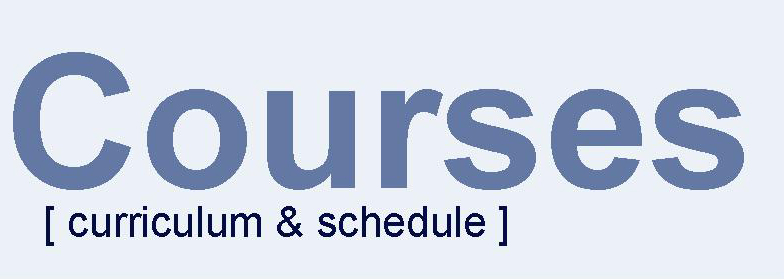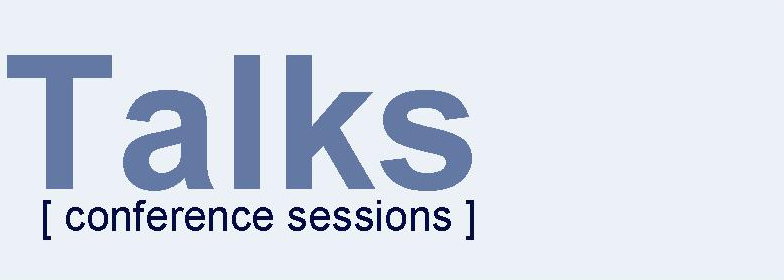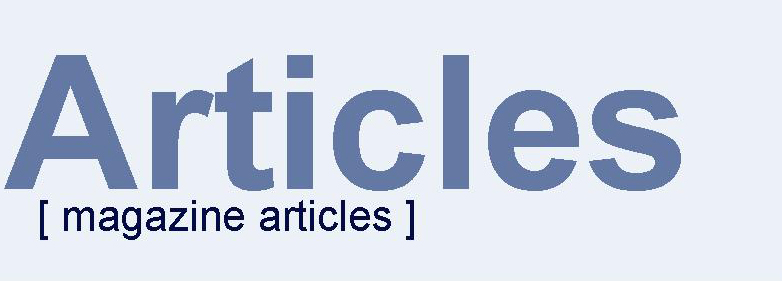| Angelika Langer - Training & Consulting |
COURSE DESCRIPTION
|
Formatting and parsing of text is a problem that countless C++ programmers still solve by resorting to C functions like printf() and scanf() , despite of their indisputable drawbacks. A more reliable and less error prone tool for handling of text I/O is available in form of the C++ IOStreams library. The IOStreams classes define the standard interface for input and output of text to external devices such as file systems, networks, etc. In fact, IOStreams is the standard formatting and parsing tool for both pre-defined and user-defined types. Closely related to IOStreams are locales and facets, which form the standard C++ support for internationalization of programs. Both IOStreams and locales can be seen a collection of ready-to-use components, but they are also frameworks that can be extended in interesting ways and for a variety of purposes.
In this seminar you will learn how to use IOStreams and locales effectively.
In addition, we will study the extension techniques used in IOStreams and
locales and can learn useful programming idioms that can be applied to
other areas of software development.
This is a course for serious C++ programmers who want to gain an in-depth understanding of the standard IOStreams and locales frameworks. If you want to stay ahead of your time and keep your knowledge above average you need to know everything about the latest progamming techniques in C++, then this is the right course for you.
The seminar is based on the book: "Standard C++ IOStreams and Locales"For more information on the book and the topics covered in this seminar go to the BOOK , where you find the table of contents, a number of reviews, the preface, and lots of other information about the book, the publisher, and the authors.
|
Attendants should feel comfortable with the basics of the language and
be open for expanding their knowledge of the standard C++ library.
PERFORMANCE OBJECTIVES
BUSINESS OBJECTIVES
The course is designed and conducted by Angelika Langer and backed by years of experience in teaching C++ related topics and more than a decade of real-world experience in industrial software development. Angelika Langer is a freelance trainer/consultant in the area of object-oriented software development in C++ and Java. She is member of the ANSI C++ standards committee since 1993, columnist of C++ Report, a recognized speaker at OO conferences, and co-author of the book "Standard C++ IOStreams and Locales".
|
|
COURSE OVERVIEW
|
|
This tutorial aims to explain techniques for implementing
input and output operations as well as so-called manipulators for user-defined
types. Along the way, we explore all the new stuff in the standard IOStreams
library such as the exception mask, sentries, locales, callbacks, etc.
We extend the IOStreams abstraction by adding new external devices and
by adding new formatting and parsing abstractions. We compare derivation
from the stream classes to use of the iword/pword fields of a stream. Along
the way, we learn the basics of the internationalization support in C++
and how it can be extended and used in conjunction with IOStreams.
A case study (formatting and parsing of monetary amounts in dual currency environments) runs as a thread through the hands-on labs. It is well suited to demonstrate the use of IOStreams on the one hand, but also use of locales for tackling the culture-dependencies introduced by monetary formats. |
||
INTRODUCTION TO THE
STANDARD LIBRARY
|
EXTENDING
IOSTREAMS
|
|
|
FURTHER READING
|
To
get an impression of some topics covered in this course check out the sample
reading:
|
| TRAINING LOCATIONS
|
| Open Enrollment
Public courses are conducted in collaboration with partner companies worldwide. Presentation language is English or German, depending on the location. For further information go to GENERAL INFO. |
On-Site Training
Courses can be held at your company site. Duration and content will be tailored to your specific needs and prerequisites. Presentation language is English or German. For further information go to GENERAL INFO. |
|||
| For information regarding training locations and the current schedule of public courses go to SCHEDULE. For further information or enrollment send me EMAIL or use the REGISTRATION form. |
|
To check for availability, price and other details send me EMAIL or use the REGISTRATION form. |


